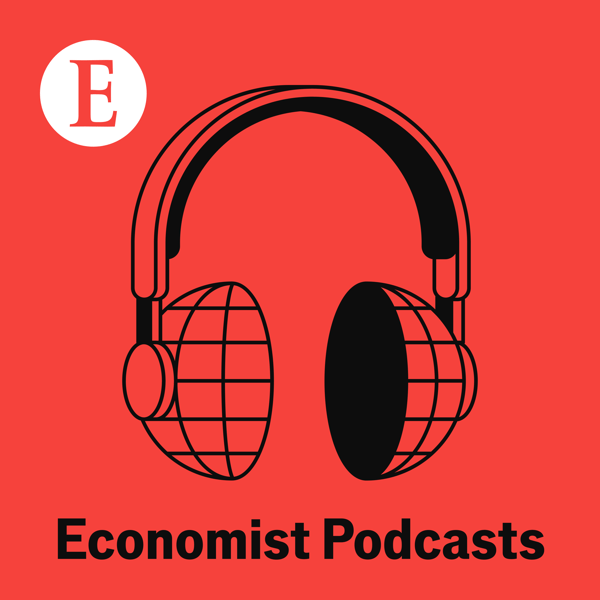Coming two terms with it: Putin’s power grab
Economist Podcasts
The Economist
4.4 • 4.9K Ratings
🗓️ 13 March 2020
⏱️ 20 minutes
🧾️ Download transcript
Summary
A resetting of the clock on the Russian leader’s tenure will almost certainly pass into law. That sets up a standoff with a public swiftly losing faith in him. The incentives around sick days are all wrong; a change in attitudes could keep everyone safer. And why it is that, for many contestants on “The Price is Right”, the price is wrong. For full access to print, digital and audio editions of The Economist, subscribe here www.economist.com/radiooffer
Hosted on Acast. See acast.com/privacy for more information.
Transcript
Click on a timestamp to play from that location
| 0:00.0 | Hello and welcome to the Intelligence on Economist Radio. I'm your host, Jason Palmer. |
| 0:09.4 | Every weekday we provide a fresh perspective on the events shaping your world. |
| 0:17.6 | If you're sick, stay home. As the coronavirus crisis makes sick pay a sticking point around |
| 0:23.6 | the world, you look into how different attitudes and incentives can keep everyone safer. |
| 0:30.3 | And some new research digs into decades worth of data from the daytime television classic, |
| 0:35.1 | The Price is Right. For an ever-increasing fraction of contestants, the price is wrong, |
| 0:40.9 | and that reveals a lot about economic trends in America. |
| 0:54.5 | But first, Russia's constitution currently says that Vladimir Putin must leave office at the end |
| 1:05.1 | of his current term in 2024. He's already the longest-serving leader since Joseph Stalin ruled over |
| 1:12.0 | the Soviet Union. But for months there have been hints that he wants to extend his tenure further. |
| 1:18.0 | On Tuesday, Russia's parliament unanimously passed a constitutional amendment that would |
| 1:22.8 | reset the clock on his leadership. It should sail through the constitutional court equally easily. |
| 1:28.8 | And if, or when, it's voted into law, Mr. Putin would be able to rule until the year 2036. |
| 1:35.8 | So in 2000, when Vladimir Putin became president for the first time, there was a film being made of him |
| 1:42.0 | and the camera was following him. Arkadyo Stropsky is Russia and Eastern Europe editor for the economist. |
| 1:47.6 | And the interviewer asked him whether he thought about the central issue in Russian history, |
| 1:54.3 | the one of succession. Putin said, yes, I have thought about it. In fact, I haven't |
| 2:00.1 | been thinking about it a lot. And looking at the windows offensively, he said, |
| 2:04.7 | a very much hope that one day I will manage to go back to normal life and that I'll have some |
| 2:10.0 | private future. And from people I talk to around him, a lot of them say that when he first |
| 2:16.4 | was drawn to the Kremlin, he actually thought he was only going to stay there for one term. |
| 2:21.2 | But what we're seeing is that Vladimir Putin who once wanted out of office is increasingly |
... |
Please login to see the full transcript.
Disclaimer: The podcast and artwork embedded on this page are from The Economist, and are the property of its owner and not affiliated with or endorsed by Tapesearch.
Generated transcripts are the property of The Economist and are distributed freely under the Fair Use doctrine. Transcripts generated by Tapesearch are not guaranteed to be accurate.
Copyright © Tapesearch 2025.

